The American Revolution brought many heroes to the forefront. Some are common in history books, and some are forgotten, but their influence at that time was significant.

When I think about the American Revolution, I cannot help but think of the soldiers who fought. Most of them were young, believed in a cause, and had how they would be remembered.
Jump to:
Did they know that 250 years later, students would be studying their sacrifice and that their sacrifice for a few colonies would lead to the greatest nation on earth that folks die to try and get into?
They could not have seen that. The only thing they wanted was a better life for their children and the idea that they could be free to build their own lives on their own merit.
The Revolutionary War generation would be one of America's greatest generations until those that fought in the Civil War and then World War 2.
They would lay the foundation, and although they made mistakes, they created a system that allowed for the possibility of change.
1. George Washington

There is not a more important person in American History, so it makes sense that he is the most important person in the American Revolution.
Without George Washington, the Revolutionary War does not end the way that it did. If it had been Horatio Gates, Charles Lee, or Benedict Arnold, likely, the Commander-in-chief does not put up with the Continental Congress or given back the army after they had secured their independence.
Also Read: Famous Revolutionary War Battles
George Washington did all of these things.
Tactically, he was not the best general of the American Revolution, but his ability to listen, inspire, and keep his army intact allowed the revolution to continue. The British could never capture his army, and because of that, they could never end the American Revolution.
When King George III learned that George Washington had given back the army to Congress, he said he was the greatest man that ever lived.
2. John Adams
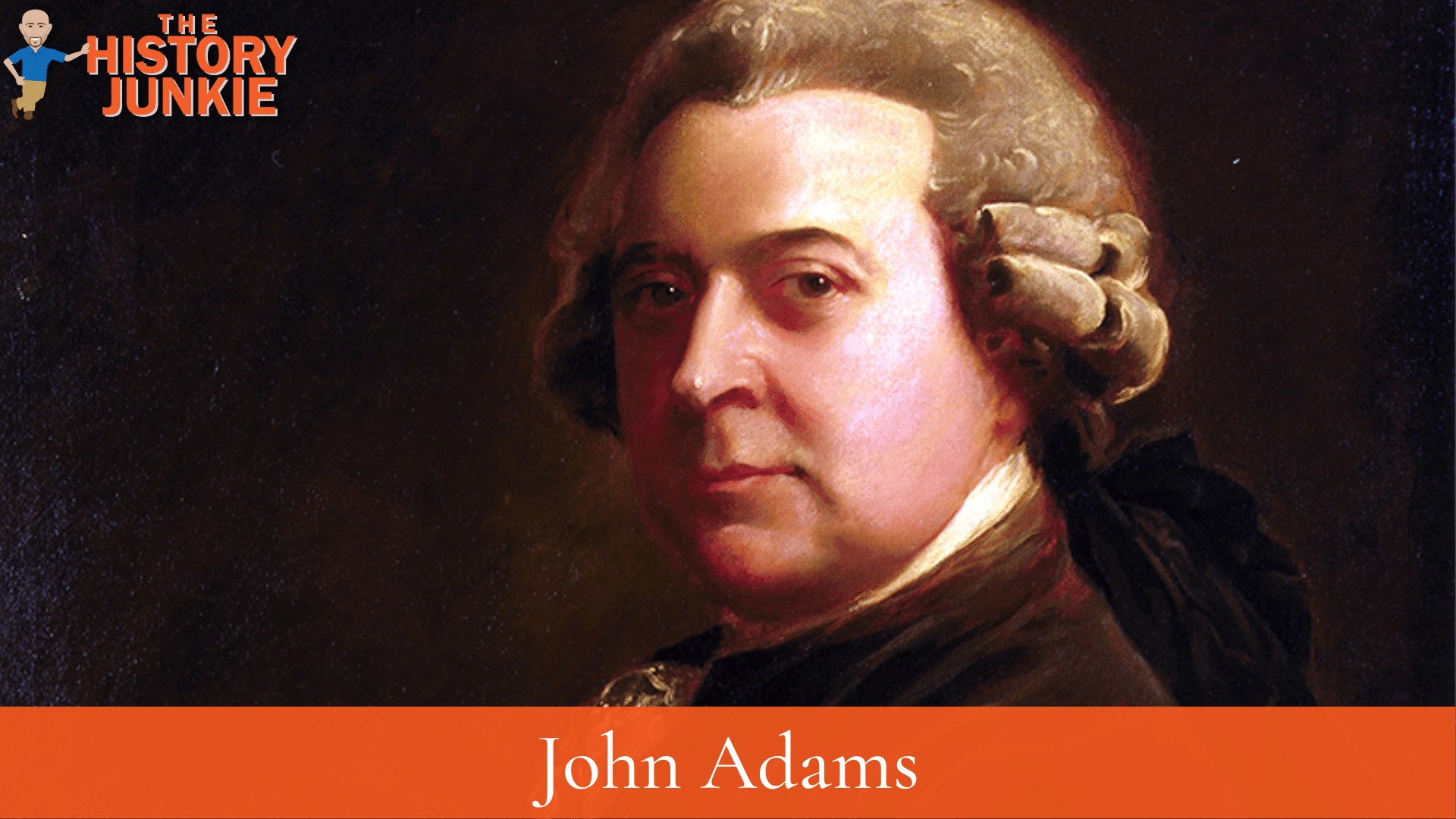
Short, squatty, and opinionated was John Adams. Many in the Second Continental Congress found him to be obnoxious, but all knew he was influential.
He was the person who recommended George Washington, which was a shrewd political move. He also knew his strengths and weaknesses and requested that Thomas Jefferson draft the Declaration of Independence.
Also Read: Facts about the Massachusetts Bay Timeline
He was known as the voice of independence, while Jefferson was the pen. The two would be best friends for most of their lives after these events.
John Adams was an influential voice against the Stamp Act and even showed a strict adherence to the rule of law when he represented the British Soldiers of the Boston Massacre when they stood trial.
He struggled throughout the American Revolution. He did not find much success in France as a diplomat, and he and Benjamin Franklin bumped heads. He also went to the Netherlands and struggled there as well.
He did see success in England, but that took place after the war.
3. Benjamin Franklin

It could be argued that Benjamin Franklin was the second most important person in the American Revolution, but Adams was one of the first to advocate for independence and took a lot of bullets while doing it.
Benjamin Franklin was the elder statesman and had a lifetime of wisdom. He was covert to Adams's overtness. He often worked behind the scenes to negotiate and manipulate to get things done.
Also Read: Famous Colonists of Colonial America
His work in France was excellent. He understood how to use his celebrity and portrayed himself as a backwoods American with a coonskin hat. He did not press for an audience with the King, and when in front of him, he knew how to woo those in power.
When John Burgoyne lost his army at the Battle of Saratoga, it gave Franklin the ammunition he needed to get a treaty with France. Once France entered the Revolutionary War it tilted the power in favor of the Americans.
With France in the war, the American Revolution changed from a local event in the 13 colonies to a global event.
4. Thomas Jefferson

He was the author of the Declaration of Independence and a master with the pen. He could say something profound in as few words as possible. This was the opposite of Adams, who tended to be long-winded.
While many on this list were important because of their work with a sword and musket, Jefferson was influential because of the way he could influence through his pen.
The Declaration of Independence became a model document for the rest of the world. It was read to the Continental Army and gave them a purpose for their sacrifice.
He would serve as an ambassador to France shortly after the war ended and before the Constitution was written.
While his work gained attention for his national contribution, what is often forgotten is Thomas Jefferson was influential in drafting the Virginia Constitution, which was a predecessor to the Declaration of Independence.
As great of a writer as Thomas Jefferson was, he was never a great speaker. This is where John Adams was so important. Jefferson would have never written the Declaration of Independence if not for Adams's recommendation.
5. Nathanael Greene
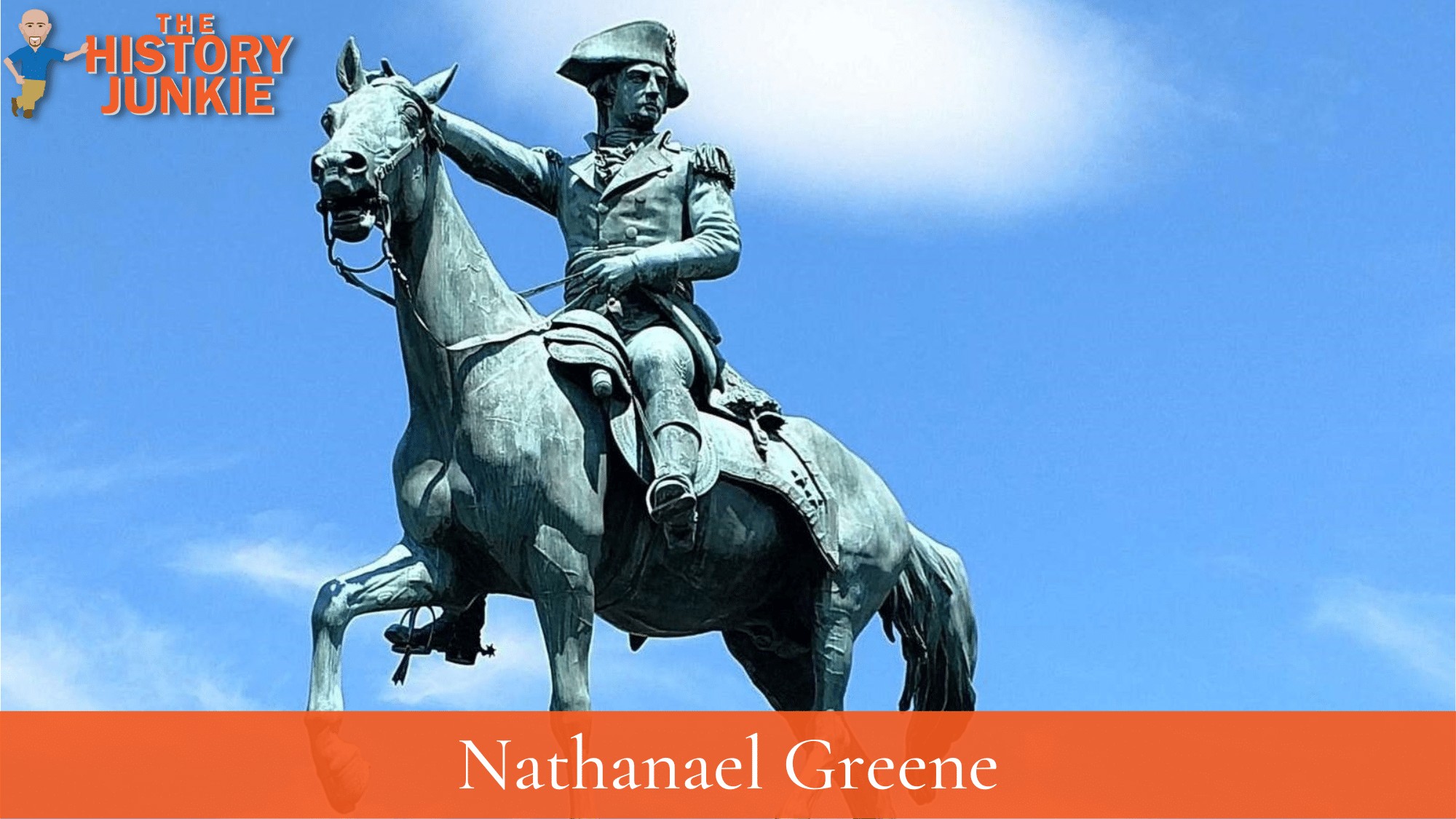
When Nathanael Greene was given command of the Southern Army, it was a mess. They had just been routed at the Battle of Camden and Horatio Gates had fled the field in dishonor. Nathanael Greene took over command and had to figure out how to rally his troops.
The fighting Quaker had experience in supplying an army and knew his best way to victory was to split his army in two to make it easier to supply. He took one half, and Daniel Morgan took the other.
General Charles Cornwallis did the same and pursued Greene, while Banastre Tarleton pursued Morgan.
Greene planned to have quick skirmishes with Cornwallis, wear him down, and stretch his supply lines. The main focus was not to allow himself to be captured.
His planned work and various battles ensued that devastated Cornwallis's pursuit and forced him back east. He lost loyalist support when the British were defeated at King's Mountain, He lost a wing of his army when Tarleton was demolished at Cowpens, and although Greene never directly beat him, he did take a lot of casualties at Guilford Courthouse.
Cornwallis would eventually end up trapped in Yorktown, where he would surrender, and the war would end.
6. Henry Knox
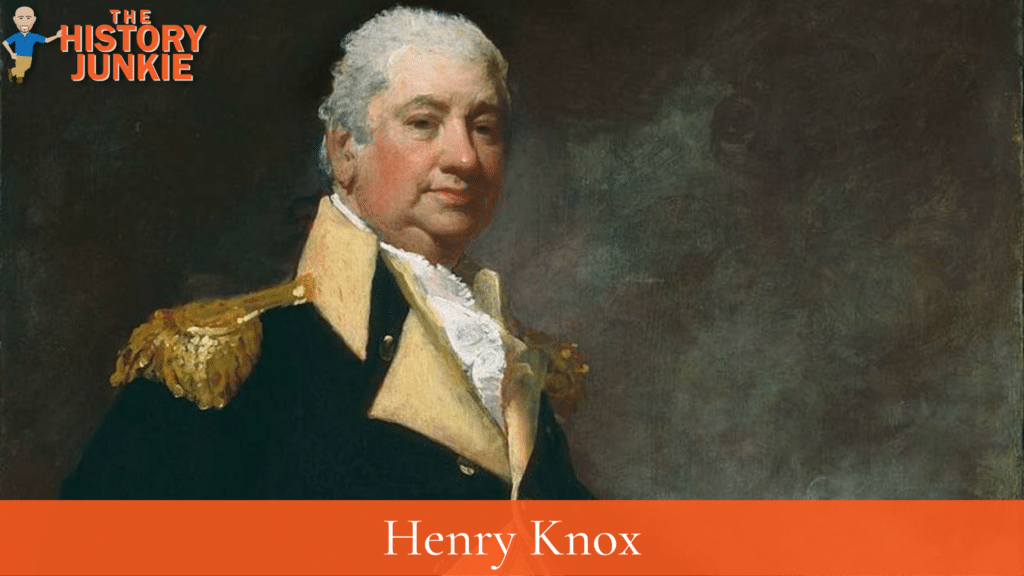
He was the rotund general who helped George Washington drive the British from Boston.
Boston had been a hotbed of disaster for the British. General Thomas Gage had sensed that he and his men were in trouble, and when they went to confiscate weapons in Concord, they triggered a sophisticated alarm system that caused the British defeat at the Battles of Lexington and Concord.
This placed the British under siege, and they would try to break that siege when Sir William Howe arrived and charged Bunker Hill. The British won the battle due to the colonists running out of ammunition, but the cost was heavy for the British, who lost about 1,000 men.
Also Read: 20 Battle of Bunker Hill Facts that Changed America
George Washington arrived at a stalemate. The Americans had the British trapped, but the British owned the seas and knew the Americans could not attack the town.
Henry Knox approached Washington and suggested that they bring the guns from the recently captured Fort Ticonderoga. Washington approved the mission, and Knox began his work. He managed to move many cannons from Ticonderoga to Dorchester Heights in Boston and place the artillery where they could rain lead onto the town.
The British were shocked and sent Washington a message. to allow them to leave, or they would burn the town. The British left Boston and never returned.
On December 25, 1776, Knox and his men crossed the Delaware River in a snowstorm. They then dragged the cannons through the snow and ice to Trenton, where they were used to surprise the Hessian troops on the morning of December 26. The Hessians were caught off guard and were defeated by the Americans.
7. Baron von Steuben
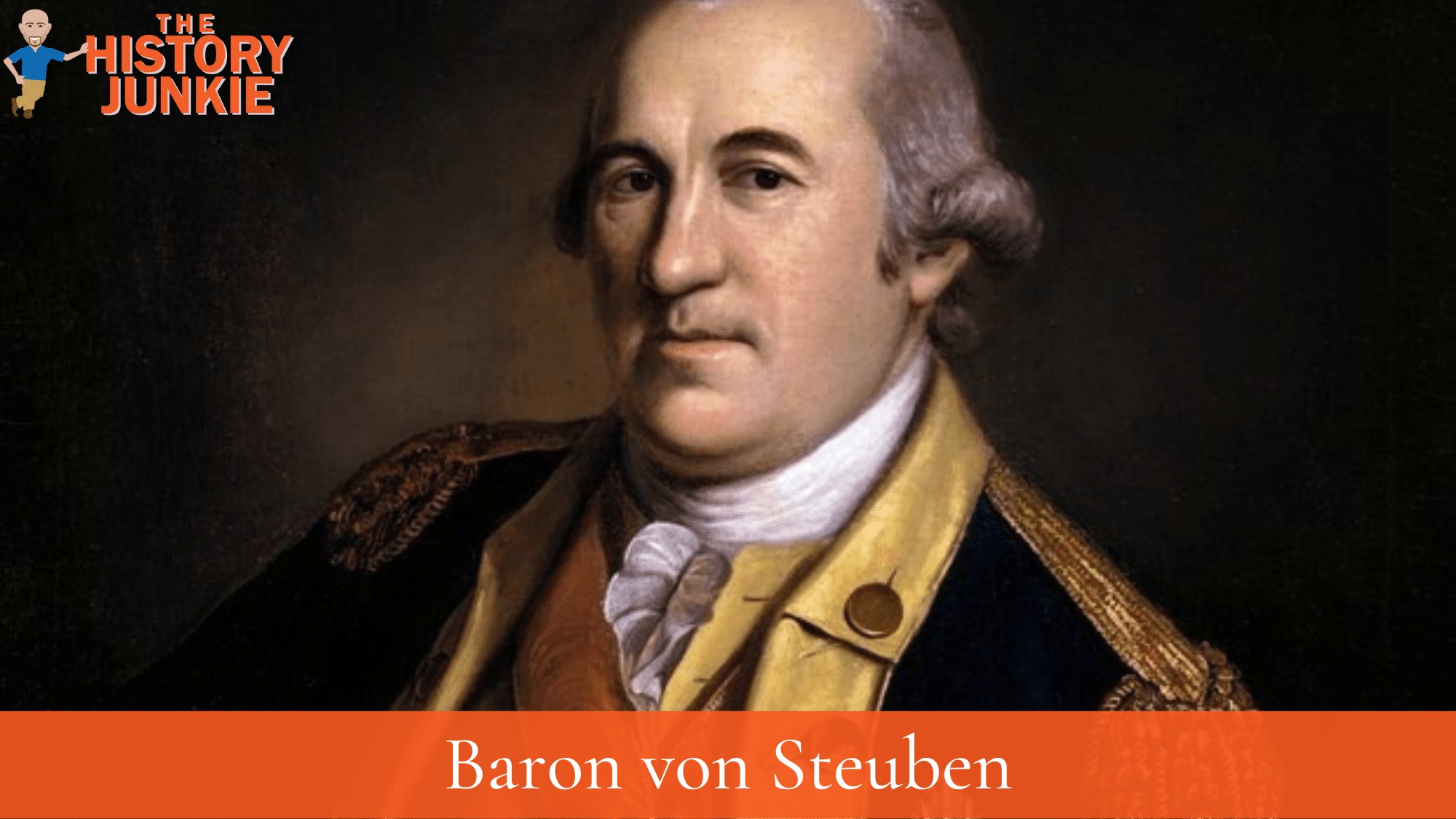
George Washington was known for his temper, and nothing caused an eruption more than when his men fled the field. He wanted to have an army that would look the British in the eye and not run.
The Continental Army was made up of a lot of militia. They were used to fighting on the frontier, behind trees, and not in the open. That is not how Washington wanted to fight, and it is not how a way would be won in the 18th century.
At Valley Forge, Baron von Steuben arrived from Prussia and put his vast military knowledge to work. He simplified instructions and began drilling the Continentals. Despite the harsh conditions the men were in and the many deaths that occurred that year, the Continentals got up, drilled, and became a cohesive unit.
They would be put to the test when they faced off against the British at the Battle of Monmouth and fought them to a draw. Von Steuben had made them a legitimate fighting force that could stand against the British. Their ability to fight the British on their terms caused the Northern Theatre to become a stalemate.
Von Steuben would continue his service in the Southern Theatre under Nathanael Greene and would also take part in the Siege of Yorktown.
After the war, he aided George Washington in disassembling the military.
8. Robert Morris
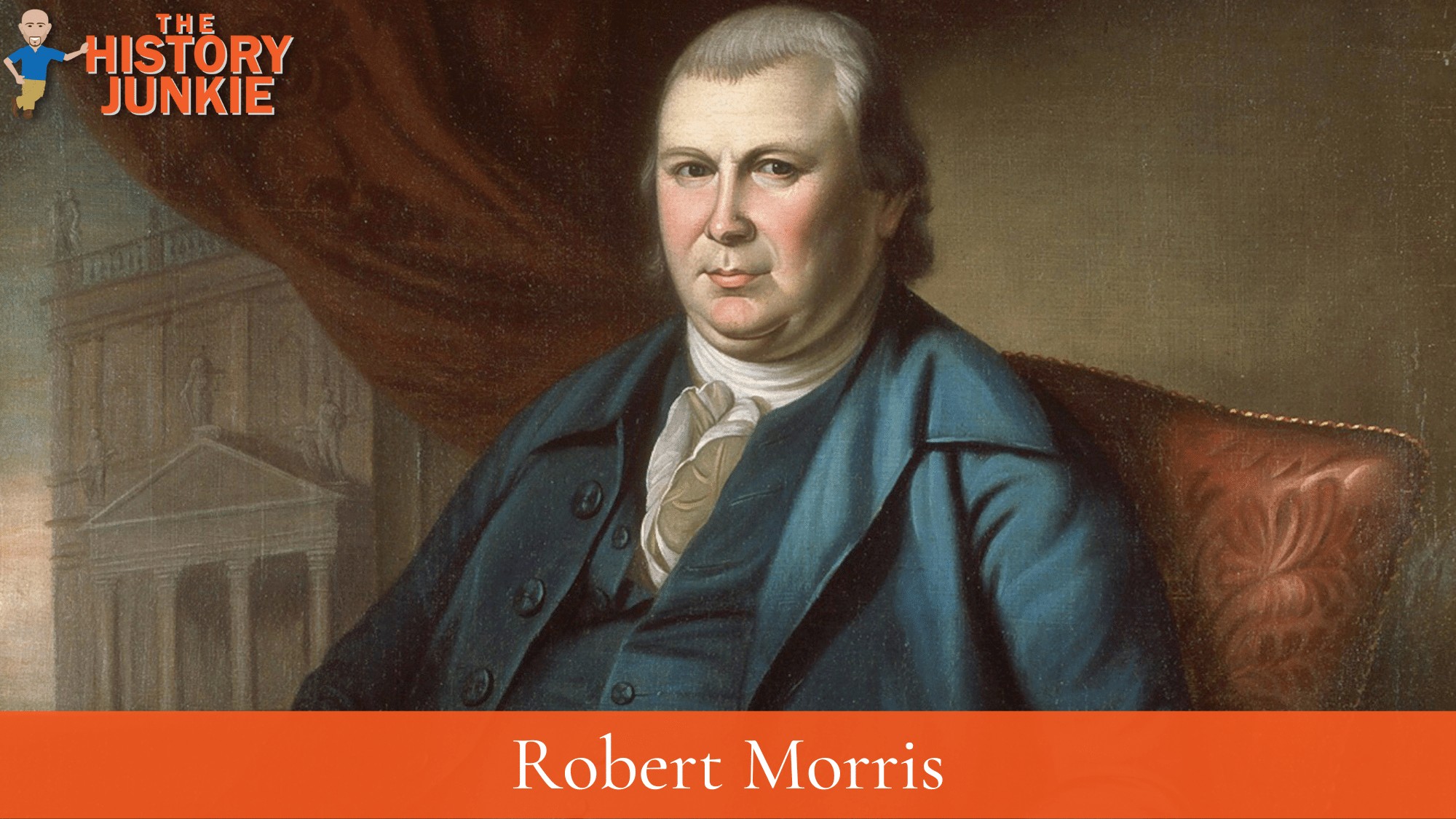
Robert Morris died in bankruptcy, but his financial failings occurred after the American Revolution was over. But his work during the Revolutionary War was important.
Wars are not usually won on the battlefield but are won with logistics. Morris's work helped stabilize the economy enough to fight a war against America's largest trade partner.
At the time of the American Revolution, Morris was the richest man in Colonial America.
He was a strong supporter of American independence and served as a member of the Pennsylvania Assembly and the Second Continental Congress. He was also a member of the committee that drafted the Declaration of Independence.
Robert Morris was a financial genius, and he helped pull the fledgling nation out of the financial gutter. At the time of the Revolution, the Continental Congress kept issuing paper money, which caused massive inflation. This caused the Continental Dollar to be worthless, which hurt the Continental soldier who was being paid with that currency.
Soldiers became frustrated, and in 1781, the Pennsylvania Line Mutiny when ten poorly fed, unpaid Continental Army regiments demanded better conditions from Congress.
Though the mutiny was put down, it convinced Congress to implement reforms that created the departments of war, marine, finance, and foreign affairs, each of which would be led by a departmental executive.
By a unanimous vote, Congress selected Morris as the Superintendent of Finance. Morris accepted an appointment as the Superintendent of Finance in May 1781, and he appointed Gouverneur Morris as his deputy.
He would then establish the Bank of North America.
It was established as a private institution governed by its investors but was subject to inspection by the Superintendent of Finance. The bank would take the national government's deposits, provide loans to Congress, and issue banknotes.
Morris hoped that the bank would help finance the war, stabilize the nation's currency, and bring the country together under one unified monetary policy.
Robert Morris would be the key figure in financing Washington's march to Yorktown by purchasing supplies. The march would corner Cornwallis and cause a surrender, thus ending the land portion of the war.
9. Marquise de Lafayette
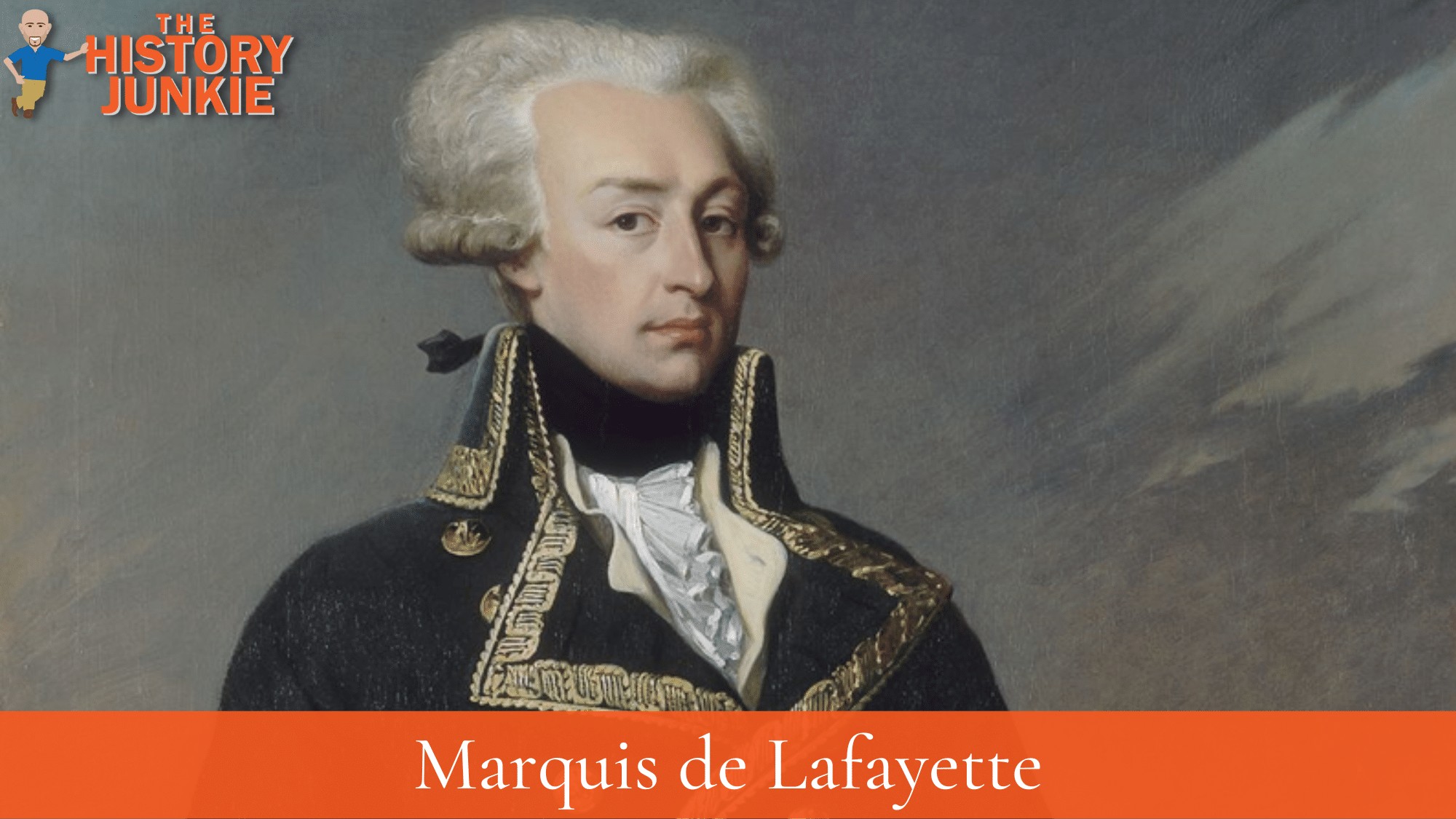
Marquis de Lafayette was born into a wealthy land-owning family in Chavaniac in the province of Auvergne in south-central France.
He followed the family's martial tradition and was commissioned an officer at age 13. He became convinced that the American revolutionary cause was noble, and he traveled to the New World, seeking glory in it.
He was made a major general at age 19, but he was initially not given American troops to command. He was wounded during the Battle of Brandywine but still managed to organize an orderly retreat, and he served with distinction in the Battle of Rhode Island.
In the middle of the war, he sailed home to lobby for an increase in French support. He returned to America in 1780 and was given senior positions in the Continental Army.
In 1781, troops under his command in Virginia blocked forces led by Cornwallis until other American and French forces could position themselves for the decisive siege of Yorktown.
In 1824, President James Monroe invited him to the United States as the nation's guest, where he visited all 24 states in the union and met a passionate reception.
After his death, he became known as the Hero of the Two Worlds for his work in America and France.
10. John Hancock and Samuel Adams
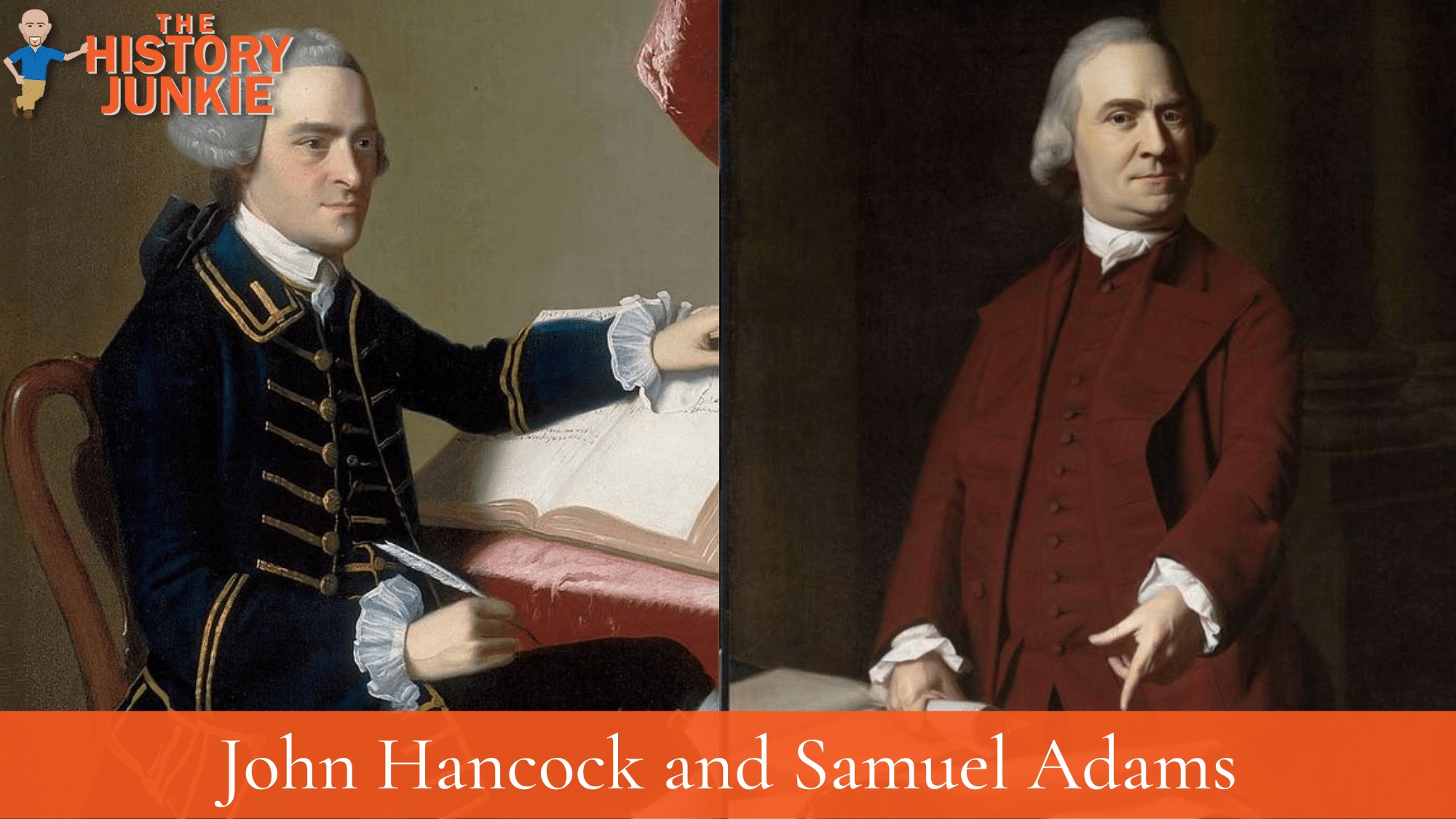
It is too hard to rank one above the other as Hancock was known as the purse, and Adams was known as the voice.
I do not rank them higher only because their influence was in Boston and not throughout the war like some of the others.
Samuel Adams was the leader of the Sons of Liberty, and it would be his actions that set the stage for what occurred in Boston and would then spread throughout the colonies. He was a primary voice that spoke out against the Stamp Act, Sugar Act, Townshend Acts, Intolerable Acts, and Tea Act.
His Sons of Liberty would dump tea overboard in what became known as the Boston Tea Party, which angered the British and cost them thousands of pounds.
Later, he would represent Massachusetts Bay Colony as a delegate and argue for Independence.
John Hancock was a wealthy merchant who helped fund Adams.
In 1775, Hancock was elected president of the Second Continental Congress. He was in this position when the Declaration of Independence was adopted on July 4, 1776. Hancock was the first to sign the Declaration. His large, flowing signature became famous.
He served as Governor of Massachusetts toward the end of the war.
During the Battles of Lexington and Concord, the British had a goal of capturing these two men until they were warned by Paul Revere.
Also Read: Paul Revere Timeline and History
11. Francis Marion
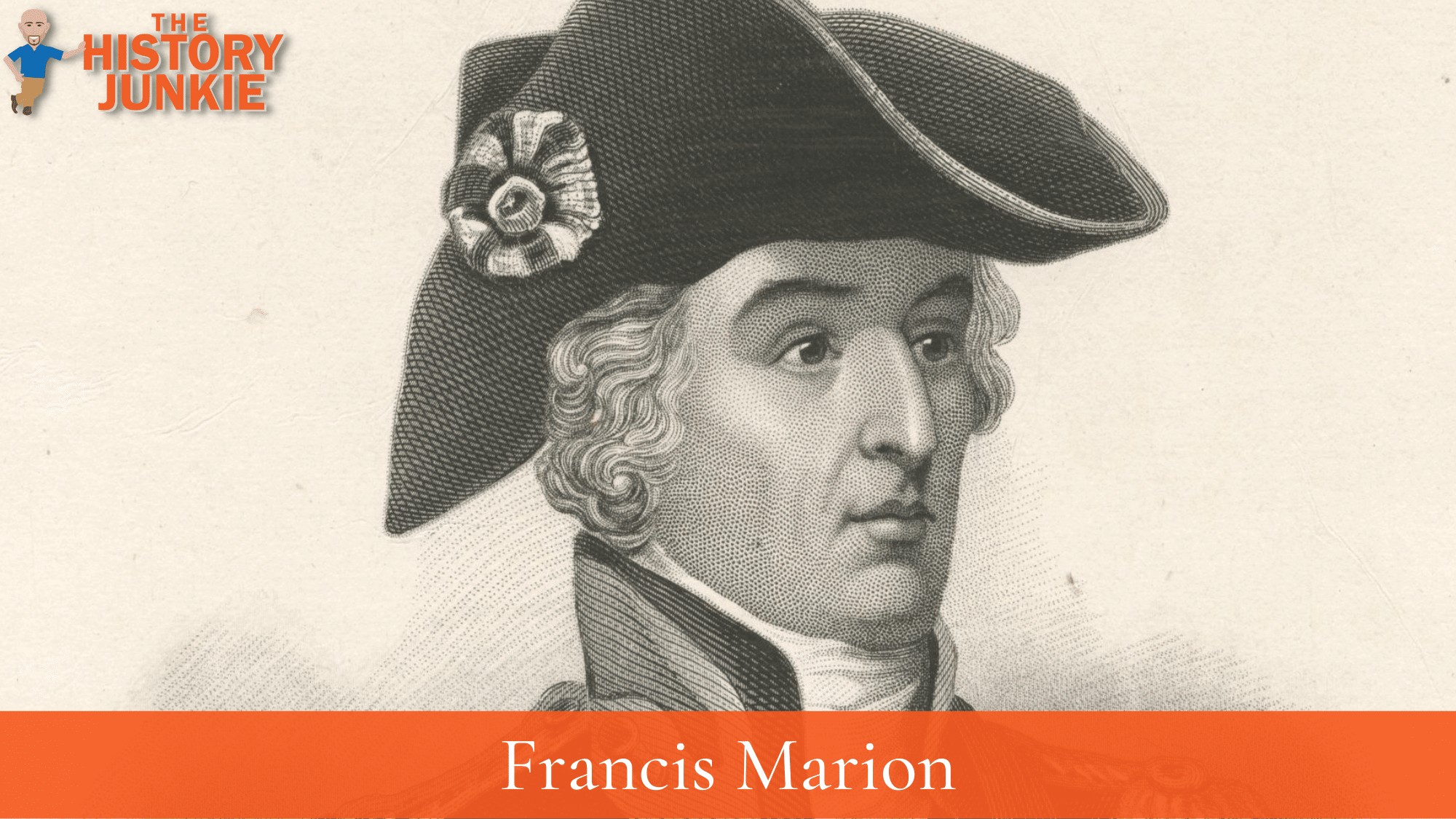
At the time of the American Revolution, the two most popular people in the colonies were George Washington and Francis Marion, also known as Swamp Fox.
Also Read: Facts about Colonial America
Francis Marion was a guerilla fighter in the Southern theatre who specialized in quick attacks that disrupted the British supply lines, inflicted casualties, and halted their movement.
Marion's guerrilla tactics were highly effective against the British, who were used to fighting in conventional battles. His forces would often ambush British patrols and then disappear into the swamps, making it difficult for the British to track them down. This is how he picked up the name Swamp Fox.
Marion's rescues of American prisoners were also morale-boosting for the Patriot cause. These rescues showed that the Patriots were still fighting and that they were not going to give up without a fight.
Banastre Tarleton, a British cavalry commander, was quoted as saying, "As for that old fox, the devil himself couldn't catch him." This shows the level of frustration the British had with him.
13. Richard Henry Lee
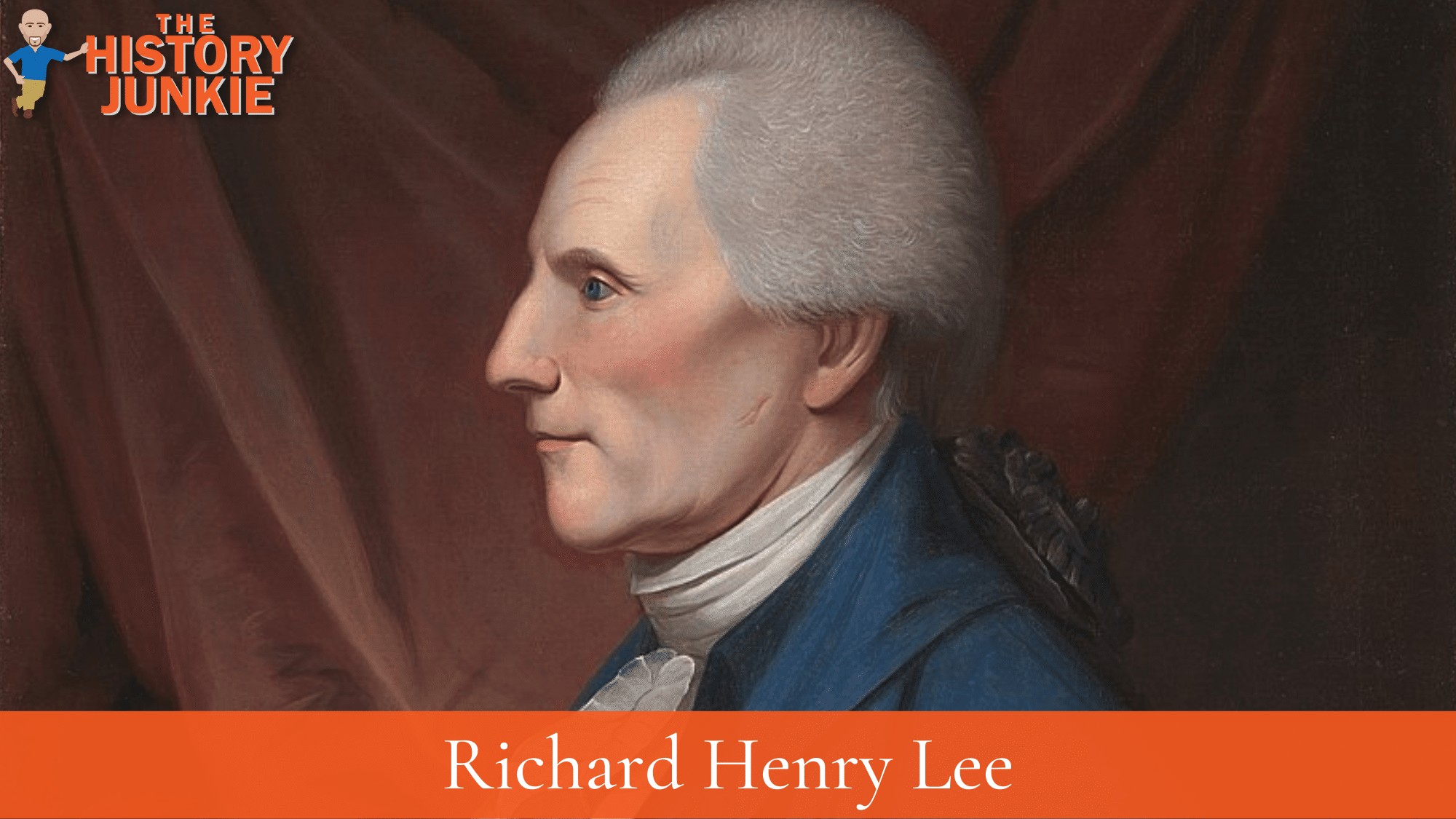
The Cicero of Virginia was what he was known as.
Richard Henry Lee is listed 13th on my list of Most Important People in the American Revolution.
Independence was not unanimous, and many of the delegates were skeptical of going against Britain. There was not much trust between the Southern colonies and the Middle Colonies, and both thought the New England Colonies were too brash.
At the time, Virginia was the largest colony, and Virginia needed to take the lead. If they took the lead, then the dominos would likely fall. Despite this necessity, it seemed as if it would not occur.
In August 1774, Lee was chosen as a delegate to the First Continental Congress in Philadelphia. In Lee's Resolution on June 7, 1776, during the Second Continental Congress, Lee put forth the motion to the Continental Congress to declare Independence from Great Britain, which read (in part):
Resolved: That these united colonies are, and of right ought to be, free and independent States, that they are absolved from all allegiance to the British crown, and that all political connection between them and the state of great Britain is, and ought to be, totally dissolved.
His speech electrified the delegates, and with Virginia now on the side of independence, dominos would begin to fall. Within a month, the Declaration would be written and sent to King George III.
This was Lee's big moment because, outside of serving as President of Congress during the Articles of Confederation, he did not accomplish much more.
14. Caesar Rodney
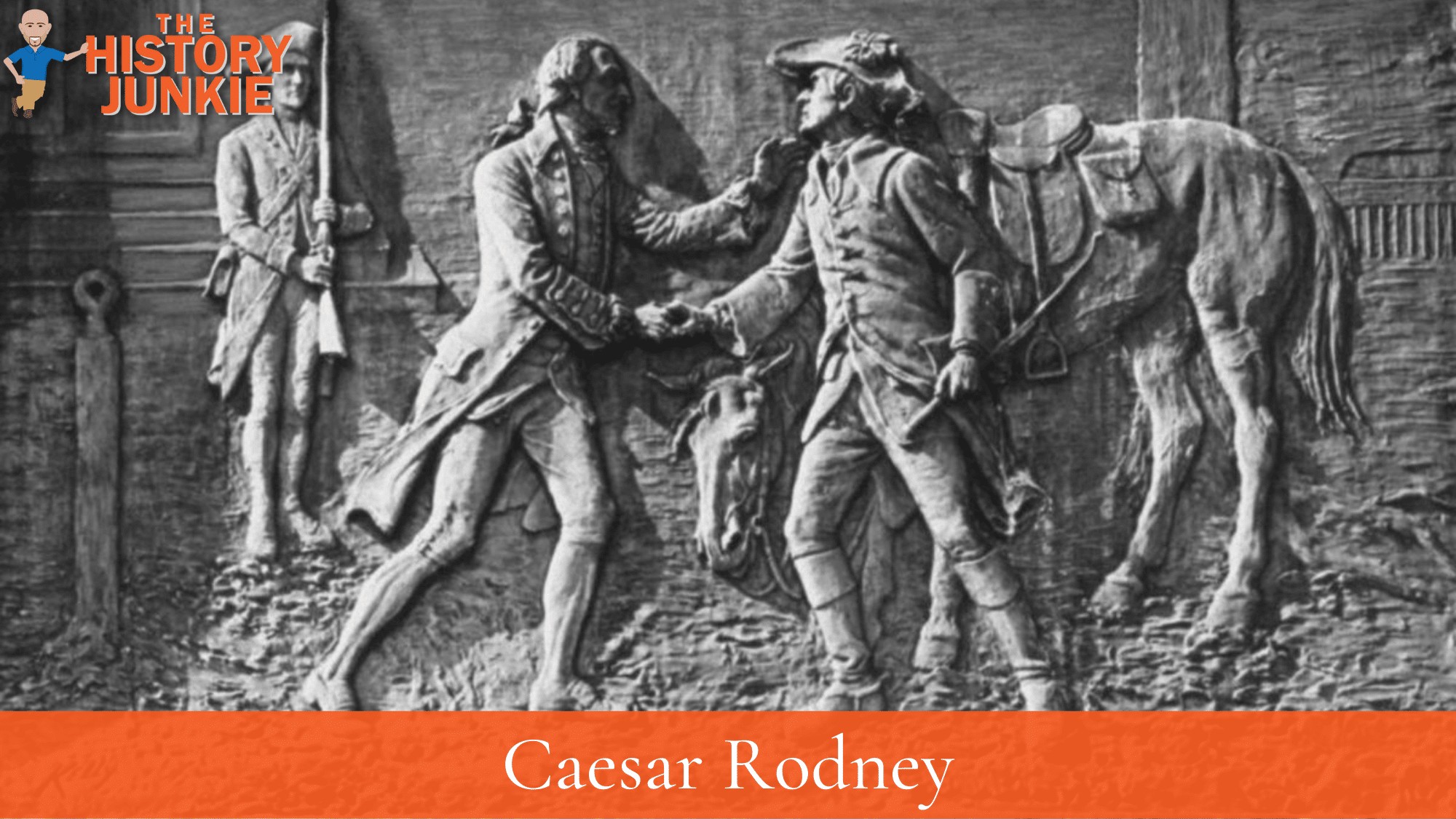
A founder who gets very little attention is the delegate from Caesar Rodney, whose daring midnight ride brought America across the finish line. If not for his ride, then independence would not have been declared.
The vote for independence needed to be unanimous. New York was planning to abstain from voting due to not hearing from their leadership, but as long as nobody voted against independence, then the measure would pass.
Delaware was a colony that had three delegates, with one delegate planning on voting against independence. The delegates for Delaware were Caesar Rodney, Thomas McKean, and George Read.
Thomas McKean and Caesar Rodney planned to vote for independence, while George Read planned to vote against the measure.
Rodney was 80 miles away and not planning to be present at the vote. He believed that Delaware would vote for independence. McKean sent an urgent message to Rodney telling him that Read was going to vote against independence, and Rodney saddled up his horse and rode 80 miles through a terrible storm.
He arrived at Independence Hall's doorstep just in time to cast his independence vote. The final tally in Delaware was a 2 to 1 vote. Delaware voted yes for independence, and it would not have happened without Rodney's daring ride.
Rodney would serve in a military capacity throughout the war and proved to be useful to Washington. He had a skin disease that made his face deformed, but he worked through it and neglected his health for his country.
He died shortly after America received its independence.
15. Benedict Arnold
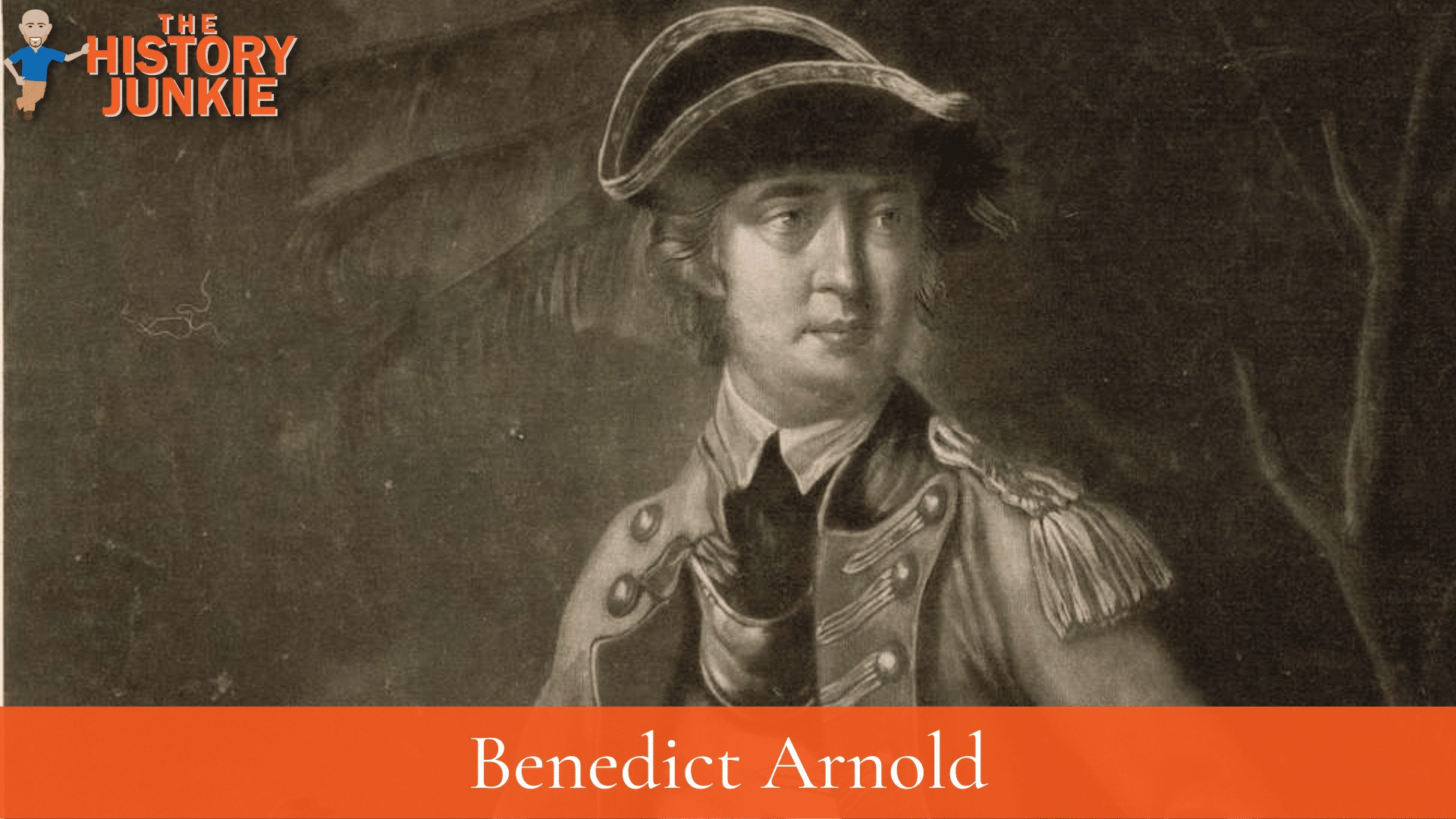
I am sure George Washington would not be happy with me ranking this guy because of his treason. However, Benedict Arnold was a pivotal leader from the beginning of the war up to Saratoga.
He and Ethan Allen captured Fort Ticonderoga, but Ethan Allen took all the credit. The weapons from Ticonderoga would serve in the siege of Boston when Henry Knox used them to drive the British out of Boston.
Arnold again attempted a daring Invasion of Canada that failed, but not after the capture of Montreal, which they gave up after the invasion of Quebec failed.
He proved he was a fighting General and one that inspired his troops. He had conflicts with men such as Horatio Gates, who seemed to constantly try to undermine George Washington and others who he knew he was more talented.
The pinnacle of Arnold's career occurred at Saratoga when he disobeyed orders, fought without rank, and led the men to victory. Saratoga would be the turning point of the Revolutionary War because it encouraged France to enter.
Arnold took a bullet in his leg that he never recovered from and always walked with a limp. If he had died at Saratoga, he would be remembered as one of America's greatest generals, but what occurred next stripped him from the history books.
He allowed jealousy to override the cause for which he fought. After being passed over for a promotion, he nursed his wounds as the military governor of Philadelphia, where he married Peggy Shippen, who was from a prominent loyalist family.
He would eventually promise the British the fortress of West Point, which was America's most strategic fort. His plan was foiled by the Culper Spy Ring and three American militiamen when they found papers on John Andre, who was in civilian clothes. A
Andre was executed, but Arnold escaped. He was never trusted by the British and died in obscurity.
